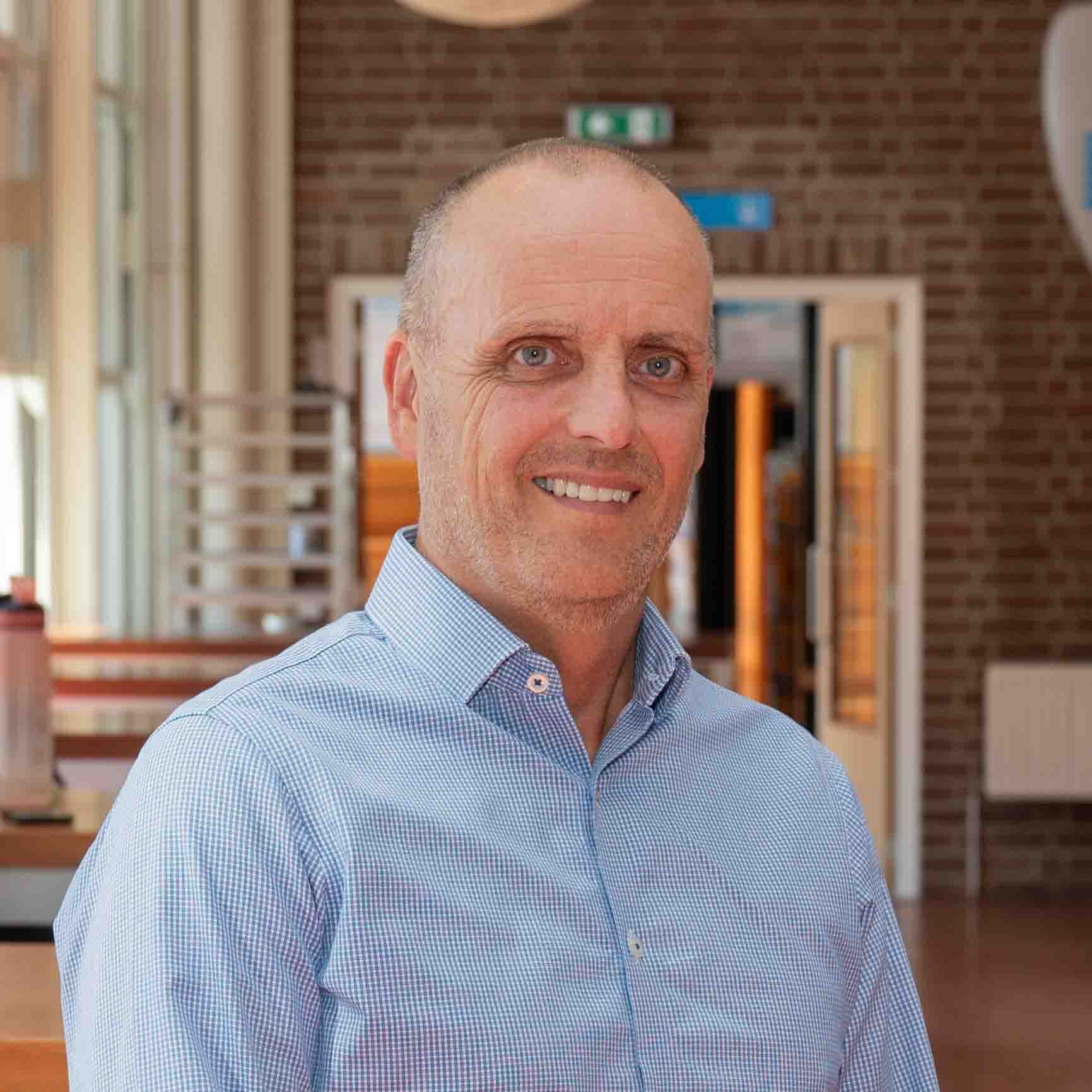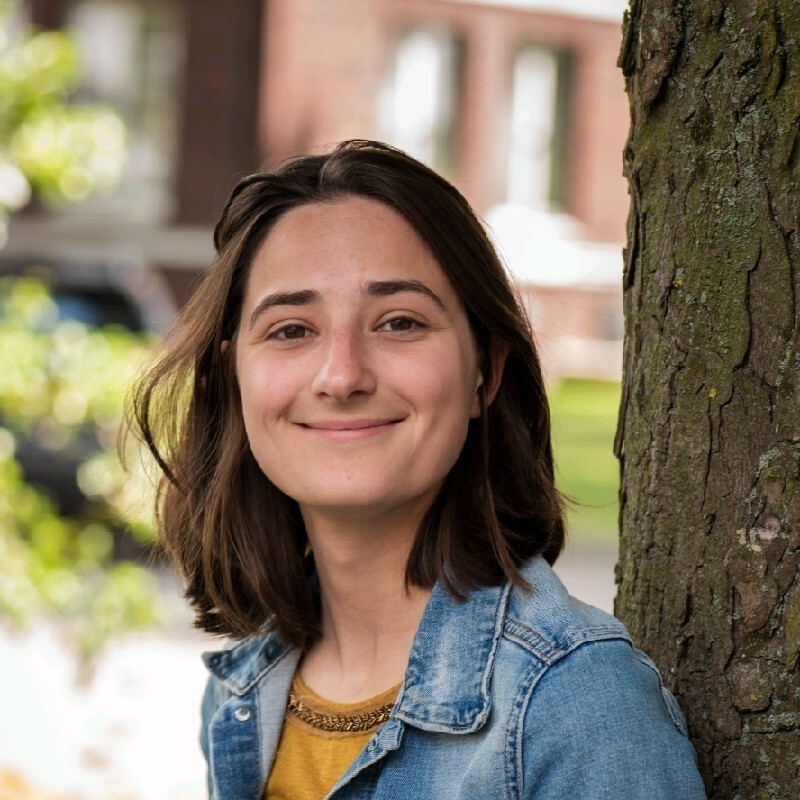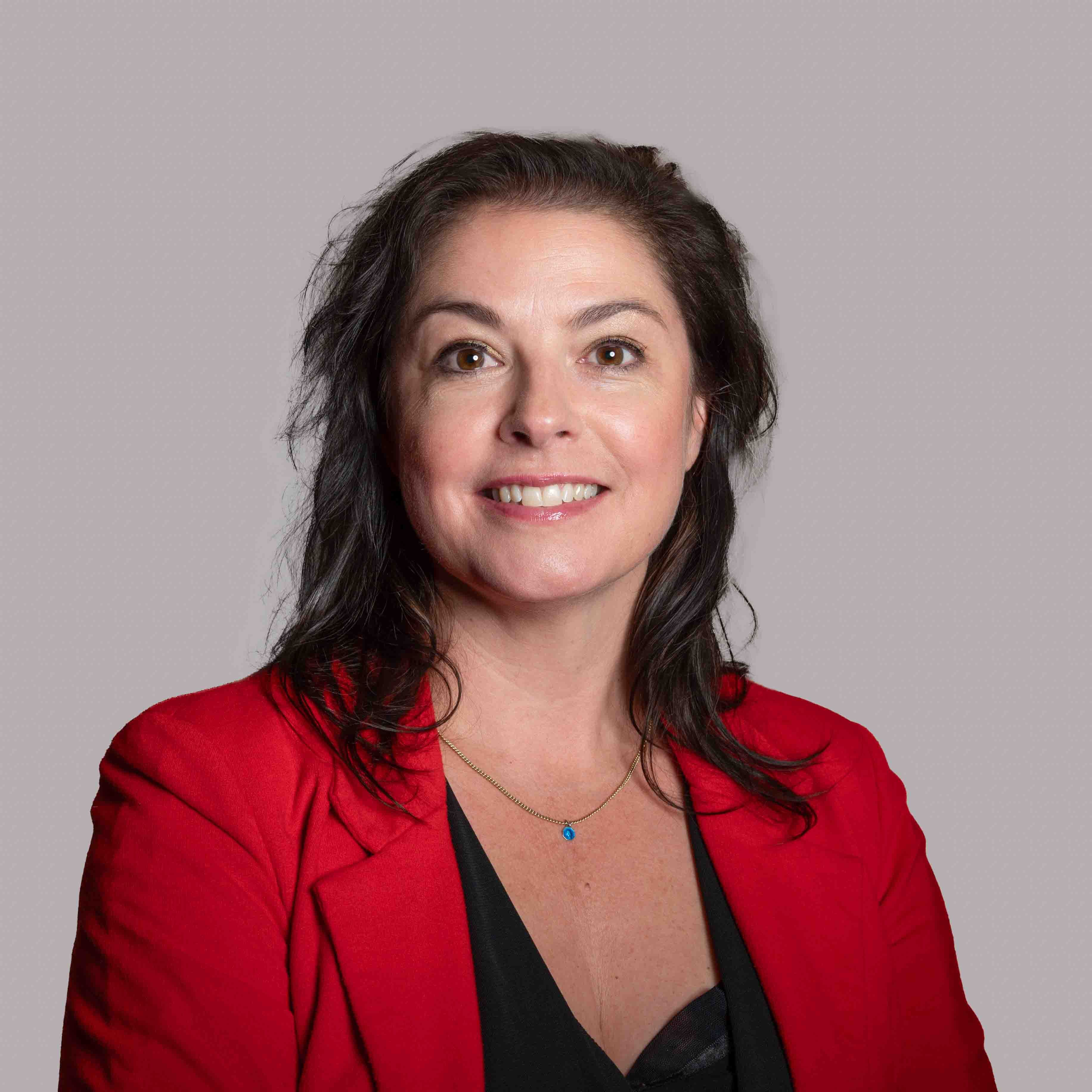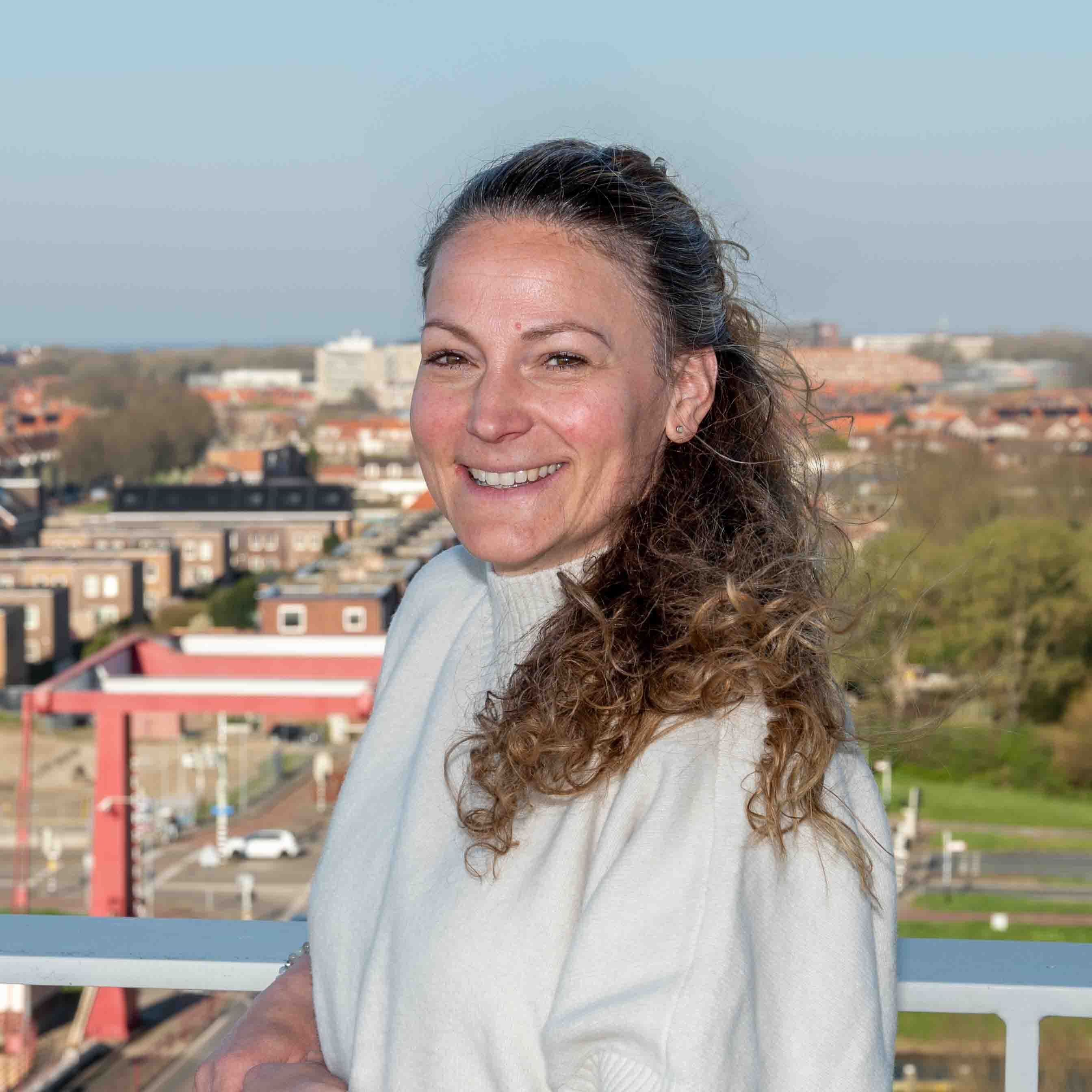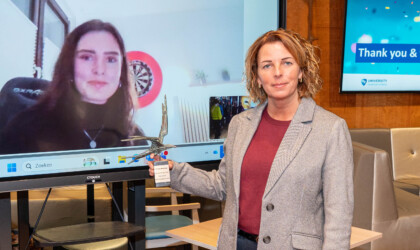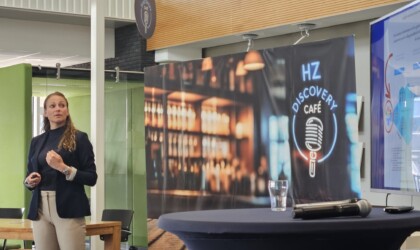The Healthy Region research group investigates the relationship between healthy behavior of citizens and tourists in relation to environmental factors in Zeeland.
As part of HZ University of Applied Sciences, the research group has a core team of several researchers, surrounded by lecturer-researchers from the various programs that participate in the research and education of the professorship.
In addition to research, it works as a knowledge partner in devising innovative solutions around health. Examples include projects that deal with health tourism, stimulating healthy behavior at elementary school, optimizing home care, stimulating the participation of vulnerable families in neighborhood-oriented health promotion and developing innovative products to help people with dementia exercise more.
With this knowledge, they also promote health among employers and explain how they can contribute to the health of their employees so that they feel vital and happy, leading to less absenteeism and better performance at work.
Develop and share
Healthy Region develops and shares knowledge about health promotion, healthy lifestyle and everything around it. The goal is to stimulate healthy behavior that improves the health and quality of life of residents and tourists in Zeeland.
It cooperates intensively with education, government, healthcare providers, researchers, entrepreneurs and users. Regionally, nationally and internationally. The goal is to put Zeeland on the map as a healthy region and to have facilities and services developed in such a way that the healthy choice is the easy choice. The researchers see health as a positive concept. It is about looking at opportunities and ensuring that people remain in control of their own lives: good health on a social, mental and physical level.
More active and independent
It's about getting enough exercise, eating healthy and sleeping well. At home and at work. About finding the balance between stress and relaxation and about the influence of your living environment. All these factors contribute to a healthier, more active and independent life for Zeeland residents and tourists with less urgency of care and resources.
This keeps Zeeland attractive for residents, tourists and businesses.
Lector Olaf Timmermans delivered his inaugural speech 'Crossing over to a healthy region' on 11 June 2015.
Projects
Gezonde kansen in Goes
HZ Students, commissioned by the municipality of Goes, will approach families to help them…
Gezond in Zeeland
Cycling along the coast or across the vast fields of Zeeuws-Vlaanderen. Walking along the beach…

